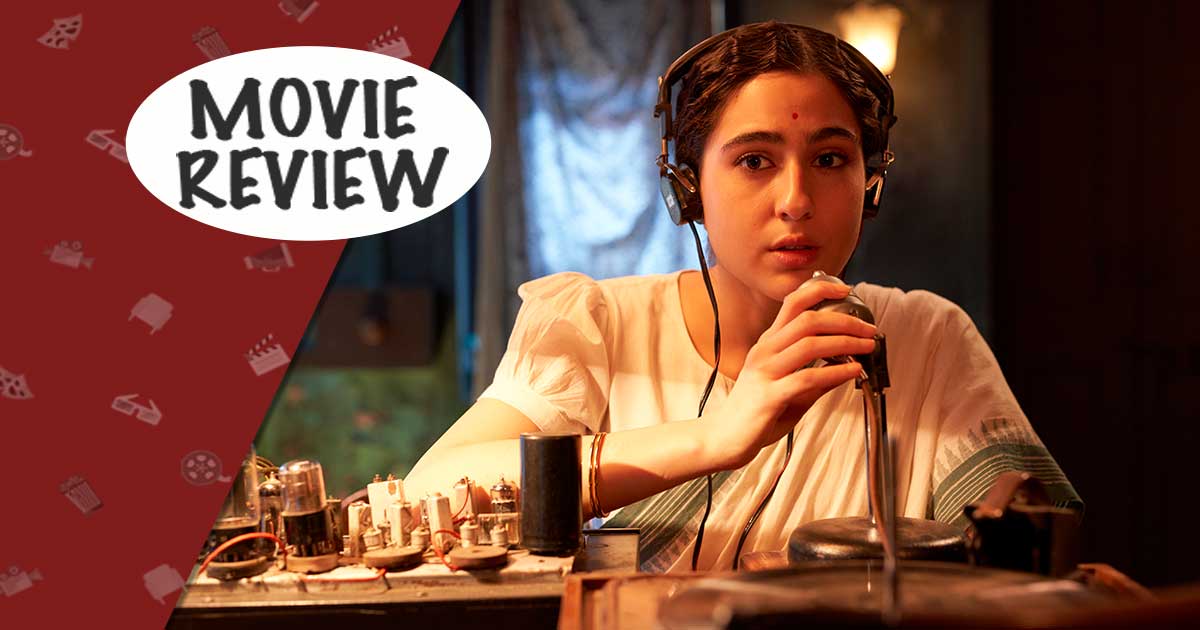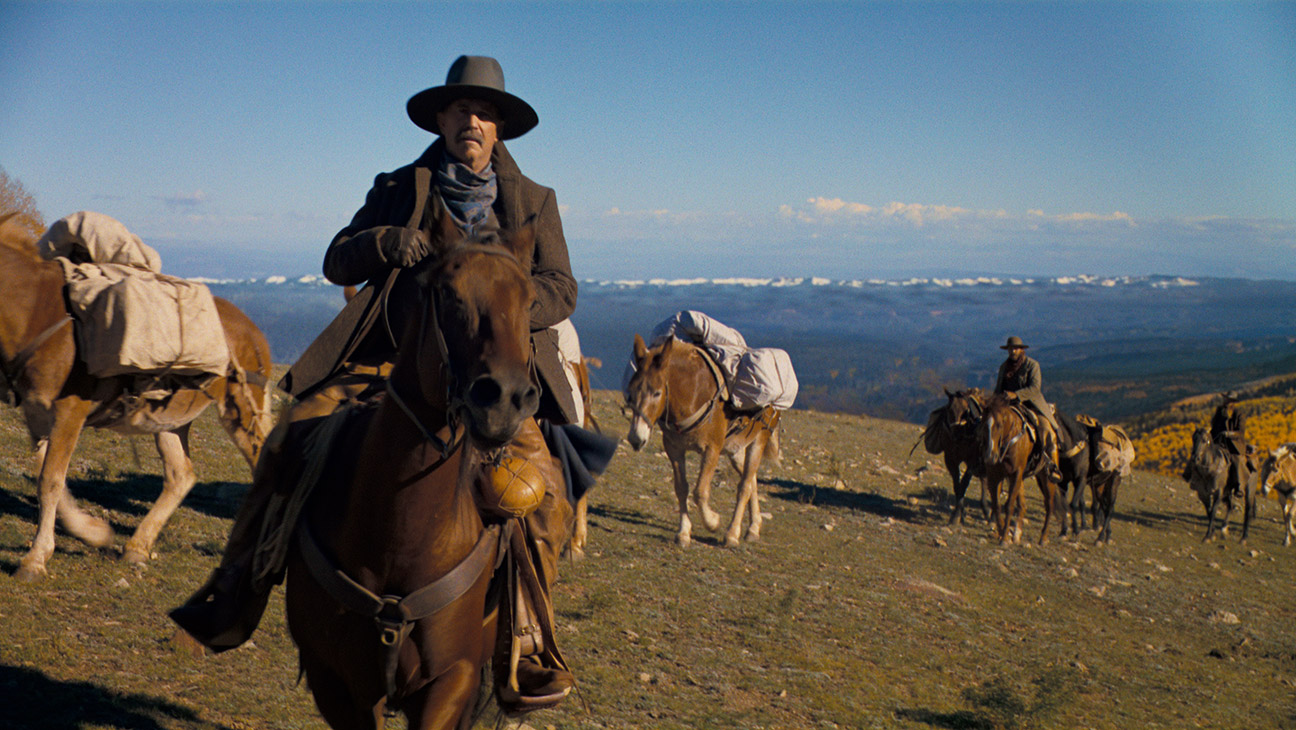Sara Ali Khan plays the main character in the eagerly awaited movie Ae Watan Mere Watan. The film, which looks at the 1942 Quit India Movement and the fight against British colonial control, promises to dig into a significant time in Indian history. Does it, however, manage to fulfill its potential? Let’s analyze the movie’s advantages and disadvantages.
Examining History: An Overview
Sara Ali Khan’s portrayal of Usha Mehta, a young lady enmeshed in the struggle for freedom, is the focus of Ae Watan Mere Watan, which is set in 1942. The film attempts to depict the spirit of the period defined by Mahatma Gandhi’s appeal for national struggle against British tyranny, with significant performances by actors like Emraan Hashmi and Sparsh Srivastav.
Poor Execution: A Banal Error
The storyline of Ae Watan Mere Watan becomes a boring fog due to the lackluster execution of its intriguing idea. The movie fails to inject new life into a plot that has been told before, unable to break away from cliches and well-known motifs. The film is lacking the energy necessary to hold viewers’ attention, from dull language to cliched story turns.
Sara Ali Khan’s Act: A Waste of Potential
Sara Ali Khan does not make an impression in the lead part. The dull screenplay and unimaginative directing seem to overpower Khan’s performance, even with her sincere representation. Viewers are left wishing for a more engaging heroine to cheer for since Usha Mehta, her character, fails to connect with them.
The Berth: The Magnificent Show by Sparsh Srivastav
In the middle of the mediocrity, Sparsh Srivastav becomes the movie’s breakthrough star. He gives a complex and powerful depiction of the rebel Fahad, who suffers from polio. Srivastav elevates the film from its otherwise uninteresting plot by successfully capturing the quiet patriotism that characterizes him via nuanced but effective performance.
The Ae Watan Mere Watan movie review is the final verdict.
Ae Watan Mere Watan falls short of being remembered, even with its good intentions. The movie eventually gives in to its own monotony, despite its occasional moments of genius—especially Sparsh Srivastav’s portrayal. It fails to stand out among the myriad of historical dramas that have been shown on film due to its mediocre execution and uninspired storyline.
As a result, even while Ae Watan Mere Watan could interest ardent admirers of historical drama, it falls short of providing a really remarkable cinematic experience. This movie offers as a timely reminder of the value of strong narrative in encapsulating the spirit of our rich past at a time when viewers are hungry for creativity and novelty.



